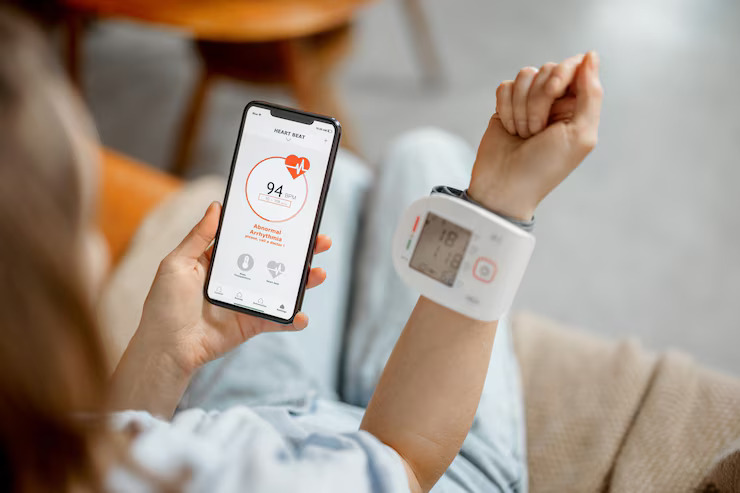Introduction
Clinical trials are the cornerstone of medical research, leading to groundbreaking advancements in healthcare. To ensure the success of these trials, the collection of accurate and meaningful data is paramount. One crucial aspect of this data collection is Patient-Reported Outcomes (PROs). In recent years, the incorporation of concierge teams into clinical trials has gained significant traction, revolutionizing the way PROs are collected and adding immense value to the research process. In this blog, we will explore the importance of using a concierge team as part of PROs in clinical trials.
The Significance of Patient-Reported Outcomes
Patient-Reported Outcomes (PROs) are measures of a patient’s health status, functioning, and quality of life as reported directly by the patient. They provide invaluable insights into the patient’s perspective, going beyond clinical data. PROs can encompass a wide range of information, including pain levels, physical and mental well-being, treatment side effects, and more.
PROs play a pivotal role in clinical trials for several reasons:
Patient-Centric Focus: PROs prioritize the patient’s experience and perspective, aligning clinical research with the ultimate goal of improving patient outcomes and quality of life.
Comprehensive Data: They provide a holistic view of a patient’s health, capturing aspects often missed by objective clinical assessments.
Regulatory Requirement: Regulatory bodies, such as the FDA, increasingly require PROs to evaluate a treatment’s effectiveness and safety.
Endpoint Measurement: PROs can serve as primary or secondary endpoints, aiding in the determination of a drug’s efficacy.
The Challenges of PRO Data Collection
While PROs are indispensable, collecting them poses unique challenges:
Patient Burden: Frequent and lengthy surveys can be burdensome for patients, leading to incomplete or inaccurate responses.
Data Quality: Patient-reported data may be subject to recall bias, misinterpretation, or inconsistency.
Logistical Hurdles: Managing PRO data collection across multiple trial sites and ensuring timely responses can be complex and resource-intensive.
The Role of Concierge Teams
Concierge teams are the bridge between patients, researchers, and PRO data collection. They are dedicated professionals tasked with facilitating the PRO process, ensuring its effectiveness and efficiency. Here’s why they are crucial:
Enhanced Patient Engagement: Concierge teams educate and engage patients, making them feel heard and valued throughout the trial. This fosters trust and encourages diligent PRO reporting.
Tailored Support: These teams offer personalized assistance, helping patients complete surveys accurately and providing clarifications when needed.
Timely Data Collection: Concierge teams are adept at managing PRO data collection schedules, reducing the risk of missing data points and ensuring data integrity.
Adaptive Surveys: They can adjust survey frequencies and content based on a patient’s condition, further reducing patient burden.
Quality Control: Concierge teams review PRO responses for consistency and quality, minimizing data errors.
Compliance Management: They assist in ensuring that the trial adheres to regulatory guidelines regarding PRO data collection.
Conclusion
Incorporating a concierge team into clinical trials for the collection of Patient-Reported Outcomes is a strategic move that can significantly impact the quality and reliability of data. By alleviating patient burden, enhancing engagement, and ensuring data accuracy, concierge teams contribute to the overall success of clinical trials. Ultimately, they help bridge the gap between scientific research and patient experience, bringing us one step closer to improved healthcare outcomes. As clinical trials continue to evolve, the role of concierge teams in PRO data collection will only become more vital.













